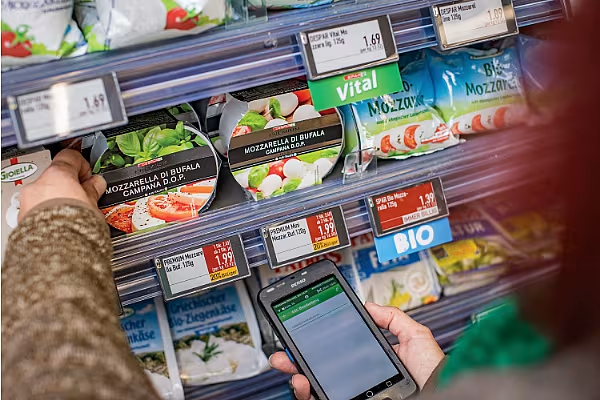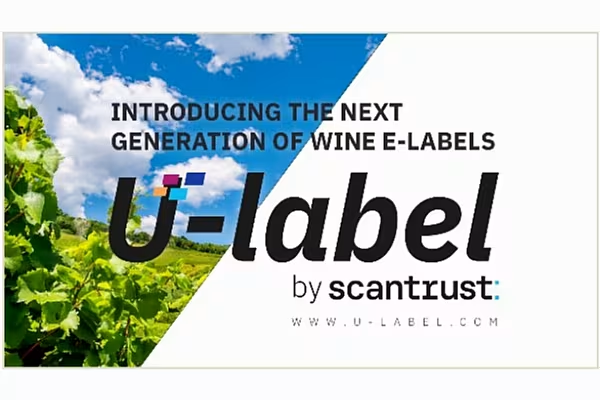Nutritional labelling is only useful if it provides accurate information in terms of a product's significance to a consumer's daily diet, Germany's 'Bund für Lebensmittelrecht und Lebensmittelkunde e.V.' (BLL) has said.
"The comprehensibility of a [labelling] system is a requirement, but is not the only criterion," commented Christoph Minhoff, BLL CEO.
"Traffic light colours and letters may be understandable, but they don't always make the right kind of statement," he added.
BLL Model
The BLL has suggested its own model to the Federal Ministry of Food and Agriculture.
It said that it has considered the objectives of the Coalition Agreement on simplified nutrition labelling, as well as the need for a Europe-wide uniform system to ensure products are comparable across the European internal market.
According to the BLL, this model provides important information about individual nutrients and calorie content, in order to help the consumer to find the right product.
Most German food businesses say that a simple classification of foods or their ingredients in 'positive' and 'negative' terms doesn't fit together with the complexity of nutritional science, the BLL said.
Moreover, the group said that a balanced nutritional profile of each individual product isn't necessary because it is possible to combine foods with different nutritional profiles in order to maintain a balanced diet.
© 2019 European Supermarket Magazine – your source for the latest retail news. Article by Jana Zimmermann. Click subscribe to sign up to ESM: The European Supermarket Magazine.











